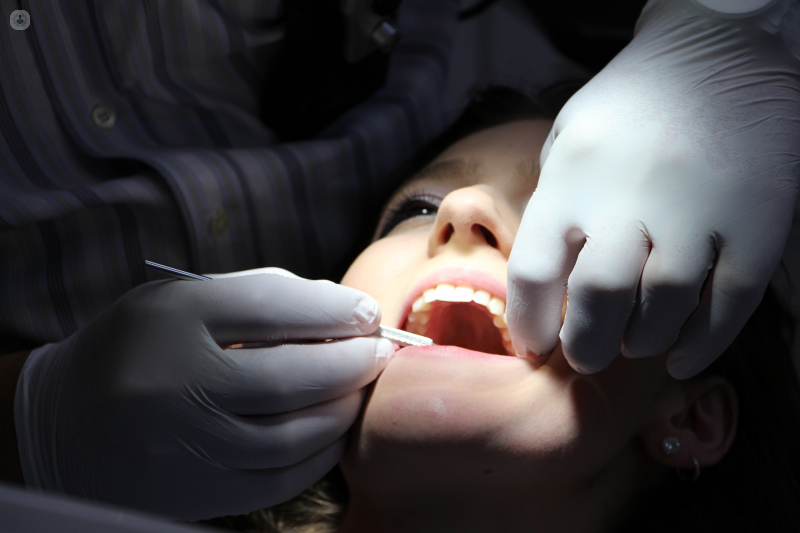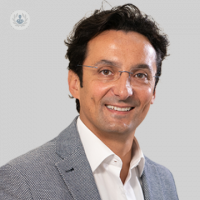Wisdom tooth removal: how painful is it?
Written by:There’s a popular belief that wisdom teeth are painful and the removal of them is even worse. A lot of people are terrified when it comes to having their wisdom teeth removed from watching horrible YouTube videos, because their friend had a bad experience or from the pain they’re anticipating. Dr Ciro Gilvetti, a leading dentist in London, tries to put our minds at ease by answering our questions on the matter.

Is wisdom tooth extraction painful?
A wisdom tooth extraction, in experienced hands, is a generally quick and painless procedure. Before it starts, I will ensure you are fully numb so you won't feel anything. Most of my patients at the end of the procedure are surprised at how quick and painless the procedure was.
As your mouth is fully numb during the whole operation you won’t experience any pain, although you may be aware of the movement and actions happening inside your mouth. Of course, you can stop the dentist at any stage by raising your hand if you are feeling uncomfortable.
If your wisdom tooth is impacting the jawbone, the gum may need to be lifted away, the tooth sectioned in pieces and have the gum stitched back together. Again, it sounds painful but you won't feel anything.
After having extracted a few thousand teeth, I can reassure you that the dental extractions in our hands are quick and painless procedures.
How long does it take?
Most wisdom teeth are removed within a couple of minutes and the operation is relatively quick. Wisdom teeth that are more difficult to remove can take up to twenty to thirty minutes.
What happens after the procedure?
After the operation, you leave the surgery with post-instruction information in the form of a leaflet, you’ll receive advice on pain relief and an emergency number, in case you need it.
I always recommend my patients one or two days of rest to help a blood clot to form to prevent infections.
What is the recovery process like?
Everyone responds to surgery differently. Some people might experience a bit of discomfort and soreness for the first three days and require painkillers. Some people might even experience slight bruising or swelling on the outside of the face which usually resolves within a week or two.
After these three days, you will begin to feel much better and be able to chew properly again.
Your mouth will start to feel normal again after one week and by that time, you’ll have forgotten all about your wisdom tooth extraction.
Are there any risks from the operation?
During our assessment, I discuss your specific circumstances and whether your wisdom teeth require additional imaging or alternative techniques to minimise any risks.
Generally speaking, serious risks are very low in wisdom tooth operations. The majority of complications are minor and are the consequences that follow any type of surgical procedure.
If you are interested in any dental treatments from Dr Ciro Gilvetti, visit his profile here and book an appointment online.


